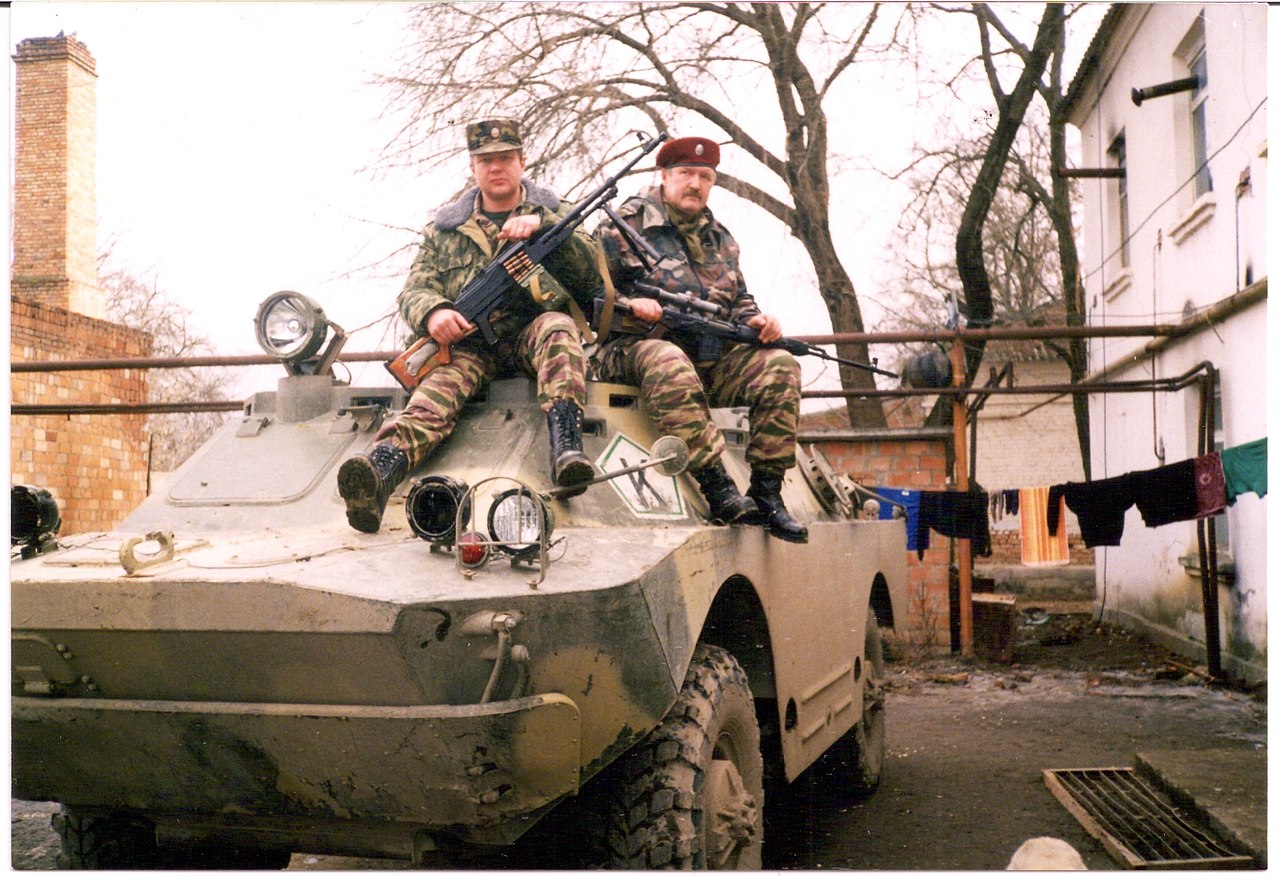Posture of U.S. Weakness Encouraged Ukraine Invasion

What do Caesar’s Wife, Justice, and Military Deterrence Have in Common?
“The lure of appeasement – in essence, a return to the policies pursued in many Western capitals for the past two decades – will be strong.” — Thomas de Maizière, former German defense minister
Previously in this series: A Coat of Varnish
“It is better to contain aggressive autocracies early, before they have built up a head of steam and the price of stopping them rises.” — Robert Kagan, Brookings Institution
In 62 B.C., Pompeia, the wife of Julius Caesar, hosted an all-woman festival at her official residence. A wily fellow named Publius Clodius Pulcher – a fiery populist and all-around agitator – managed to gain entrance to the event by dressing as a woman, apparently with the intention of seducing Pompeia. Publius was unmasked and prosecuted, but was found innocent, and there was no evidence that Pompeia was in on the scheme. Nonetheless, Caesar divorced Pompeia on the ground that, “Caesar’s wife must be above suspicion.”
Almost two millennia later, an English fellow named McCarthy was prosecuted for having driven his motorcycle into a car. When the justices hearing the case retired to chambers to consider their verdict, the court clerk retired with them. Unbeknownst to poor McCarthy, the clerk had a conflict of interest – his firm was suing McCarthy in civil court.
After his conviction McCarthy appealed the decision, claiming the clerk had prejudiced the justices. The justices swore affidavits stating that they hadn’t even consulted the clerk before convicting the defendant, but the appeals court was having none of it. McCarthy’s conviction was thrown out on the grounds that, “It is of fundamental importance that justice should not only be done, but should manifestly and undoubtedly be seen to be done.”
The wives of Caesar must not only be chaste, they must be seen to be chaste, and the criminal courts must not only do justice, they must be seen to do justice. In precisely the same way, military deterrence is only effective if it is seen to be effective. If the deterree believes that the deterror is weak, the deterree isn’t going to be deterred, even if, as it happens, the deterror is actually strong. A war will happen that shouldn’t have happened.
This is a lesson that democracies in general and the U.S. in particular never seem to learn. Before World War I and World War II the U.S. told anyone who would listen that it wasn’t interested in Europe’s quarrels or wars. The Triple Alliance (mainly Germany and Austria-Hungary), and, later, the Axis powers, took the U.S. at its word and launched devastating wars that might not have happened had the U.S. acted as a deterrent.
A similar phenomenon happened with Japan before Pearl Harbor. The Japanese believed the U.S. to be a “sleeping giant” that was too weak, too soft, and too self-satisfied to go to war. A lightning attack on the U.S. Pacific fleet would convince the U.S. to stay out of the war in the east. The next thing you know, America was fighting a two-front war.
And so to Ukraine – how did the West’s deterrence work against Russian aggression? Let’s count the ways:
In 1991 the USSR collapsed and suddenly someone remembered that lots of Soviet nuclear warheads were located in Ukraine, apparently because it was closer to the big European capitals. As noted last week, Ukraine was a brand new, deeply unstable country and not the sort of place you would want overseeing a bunch of weapons of mass destruction. Under intense pressure from the U.S., Ukraine eventually agreed to ship the warheads to Russia in return for unspecified security guarantees by the U.S. and UK. Those “security guarantees” were left unspecified because, as it turns out, they weren’t worth the cheap Russian paper they were printed on.
At the turn of the twenty-first century Russia invaded Chechnya, an independent country not unlike Ukraine, committing many atrocities and war crimes and essentially destroying the Chechnyan capital of Grozny – the United Nations called Grozny “the most destroyed city on earth.” Despite pleas for help from Chechen President Aslan Maskhadov, the West turned a blind eye.
In 2003 the Rose Revolution in Georgia, an independent country since 1991, ousted Russia-friendly President Eduard Shevardnadze and the country turned toward the West. In 2008 Vladimir Putin ordered Russian-controlled forces to invade Georgia, permanently seizing Abkhazia and South Ossetia. The European Court of Human Rights ruled that Russia was responsible for grave human rights abuses in Georgia, but the West yawned. President Bush contemplated military help for Georgia but ultimately sent only humanitarian aid.
In 2014 Russia invaded and subsequently annexed the Crimean Peninsula, which was part of Ukraine. The West imposed modest sanctions that intentionally avoided Putin and his inner circle.
That same year Russia took advantage of pro-Russian protests in the Donetsk and Luhansk oblasts of Ukraine (the region known as the Donbas) to invade and occupy eastern Ukraine. The West did nothing.
Before Putin even invaded Ukraine, President Biden stated publicly that under no circumstances would the U.S. intervene militarily. Well, okay, maybe U.S. military involvement would be a really bad idea. But did Biden have to announce it in advance, taking that worry off Putin’s table? All it did was convince Putin that he was right in considering America to be a cowardly, declining power, and so it would be safe to invade Ukraine.
And I haven’t even mentioned Russia’s crimes in Syria – especially Aleppo – or the brazen murders and attempted murders in the West of Putin opponents.
Viewed on a stand-alone basis, the West’s response to each of Putin’s aggressions can be defended. But taken as a whole, they amount to one thing: appeasement of the illegal and murderous actions of an aggressive despot. Had the West in general, and the U.S. in particular, made it clear all along that Putin’s adventures would not be tolerated, today’s tragedy in Ukraine would not have happened.
But maybe courage is simply beyond us. A recent Quinnipiac University survey asked whether, if the U.S. were invaded like Ukraine, would you stay and fight or leave the country? While large majorities of Republicans and independents said they would stay and fight, 52 percent of registered Democrats said they would cut and run. And those people are currently running the country.
Next up: A Coat of Varnish, Part III












